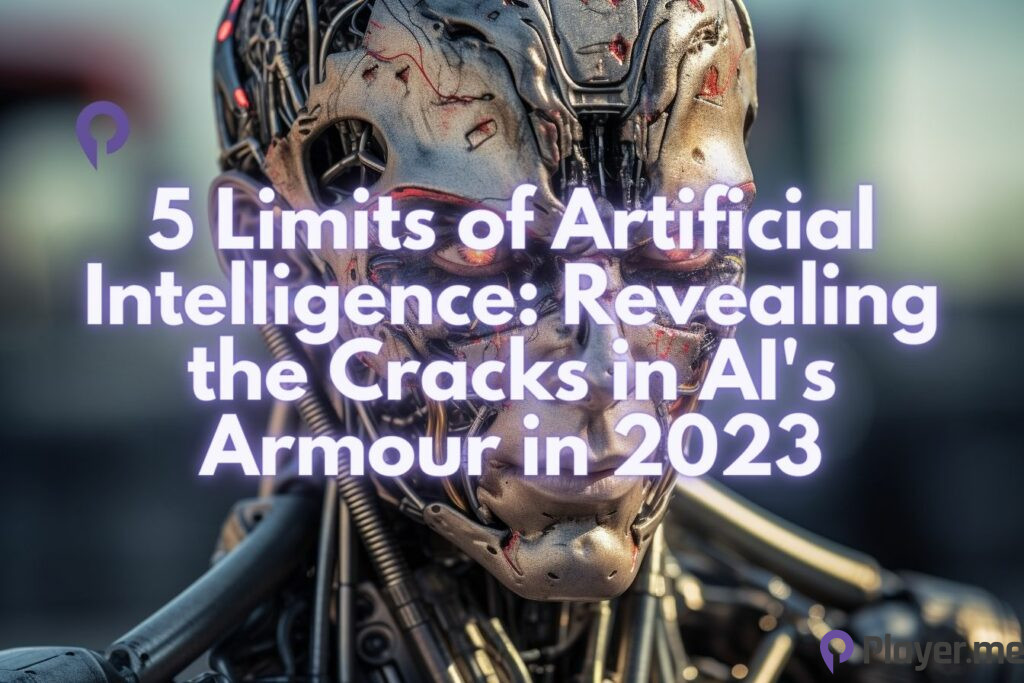Artificial Intelligence (AI) has made significant strides in recent years, revolutionising various industries and aspects of our daily lives. From self-driving cars to voice assistants, AI technology has become an integral part of our modern world. Despite its achievements, AI has its limitations, and researchers and developers face numerous challenges in advancing this technology further. Therefore, it is essential to understand the 5 limits of artificial intelligence and the challenges that researchers and developers face in pushing the boundaries of this groundbreaking technology.
Related: AI Time Machine: Discover the Shocking Past in 2023
5 Limits of Artificial Intelligence
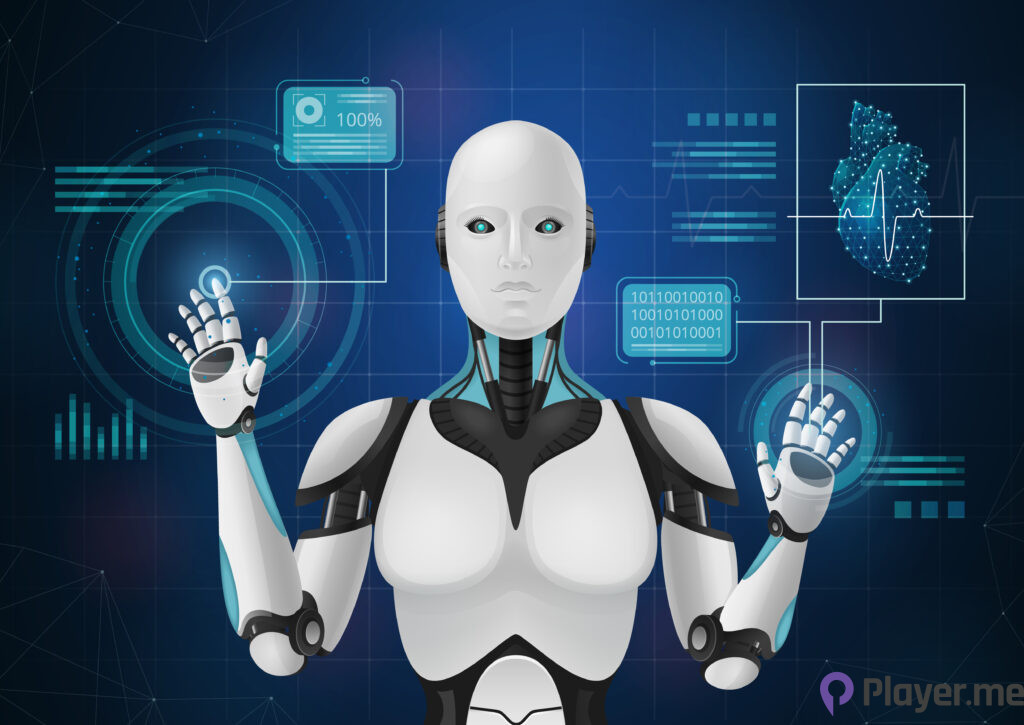
In this article, we will explore the 5 limits of artificial intelligence, shedding light on the constraints that developers, policymakers, and users should be aware of.
1. Lack of Common Sense
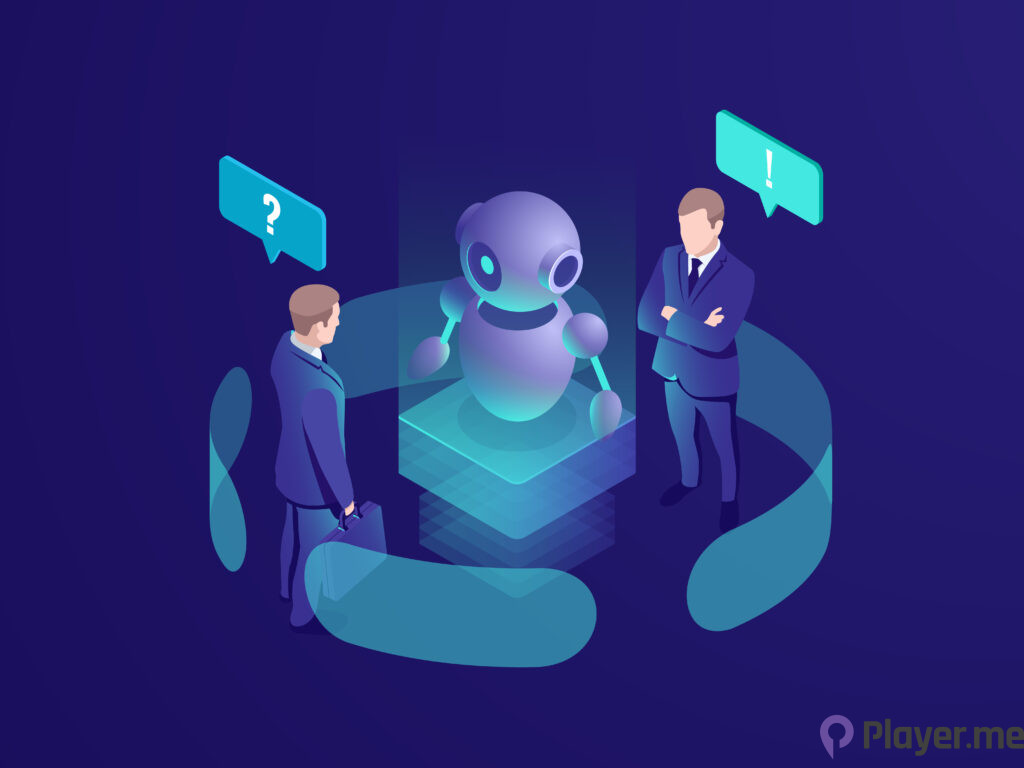
One of the most important aspects when discussing the limits of artificial intelligence is its lack of common sense. AI systems excel at specific tasks for which they are trained, but they often struggle with tasks that require a deeper understanding of context and the ability to draw upon real-world knowledge. These limitations become apparent when AI systems encounter scenarios that involve common sense reasoning. The limits of artificial intelligence in terms of common sense and contextual understanding are significant obstacles to overcome.
Related: AI Dungeon Controversy: What Is Happening and Why?
2. Ethical Considerations
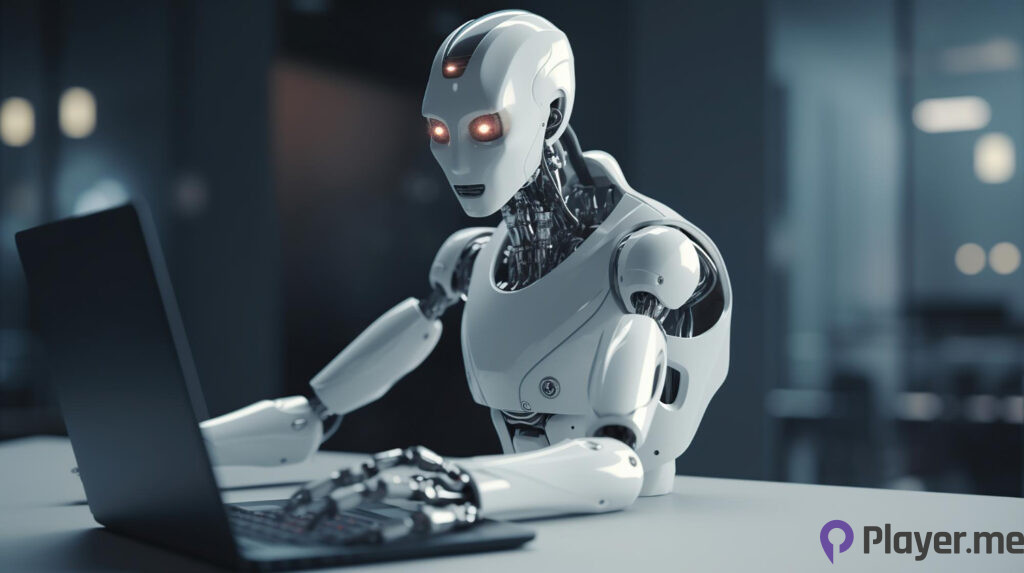
Another crucial aspect to consider when exploring the limits of artificial intelligence are the ethical implications involved. AI algorithms operate based on the principles and algorithms set by their designers and developers. However, the ethical concerns arise when AI systems unintentionally learn and amplify biases present in the data they are trained on. This biased amplification can lead to discriminatory outcomes and perpetuate inequalities in society. It is imperative to address these ethical limitations and ensure that AI technology is developed responsibly and with appropriate safeguards.
3. Data Dependency
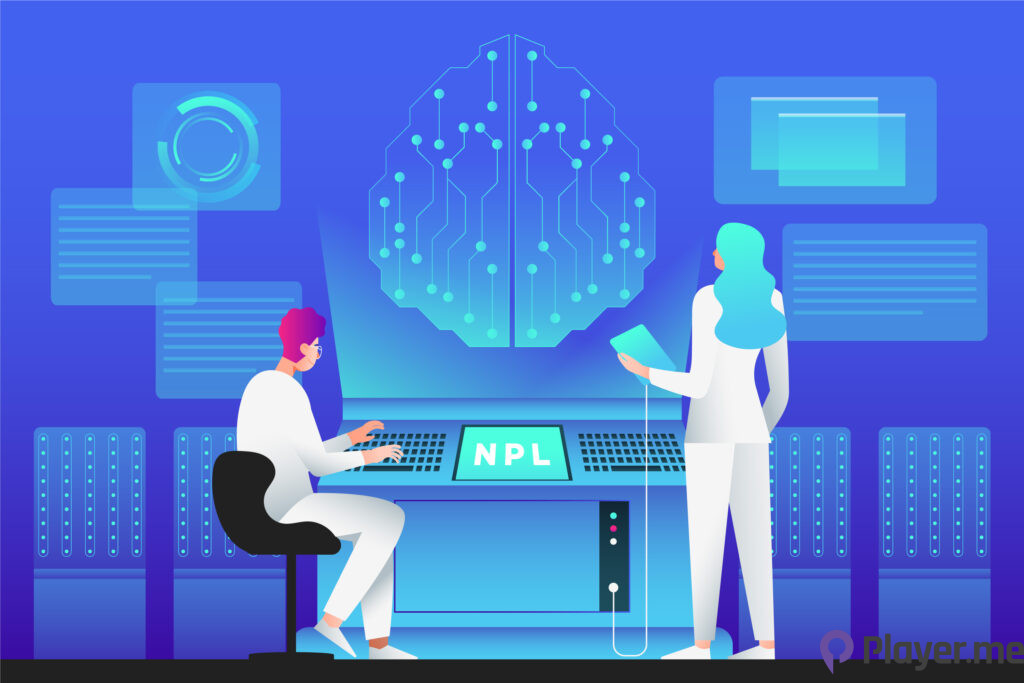
AI systems heavily rely on large amounts of high-quality data to train and perform well. Without proper and diverse datasets, AI algorithms may produce biased or inaccurate results. The limitations here are twofold: the first being the quality of the data used, and the second is the dependence on a specific dataset. AI systems struggle when confronted with new, previously unseen scenarios or data that do not resemble their training set. This limitation highlights the importance of continuous data collection and improvement to ensure AI algorithms are informed and adaptable.
Related: AI Email Generator Threats: 3 Ways to Avoid in 2023
4. Limited Creativity
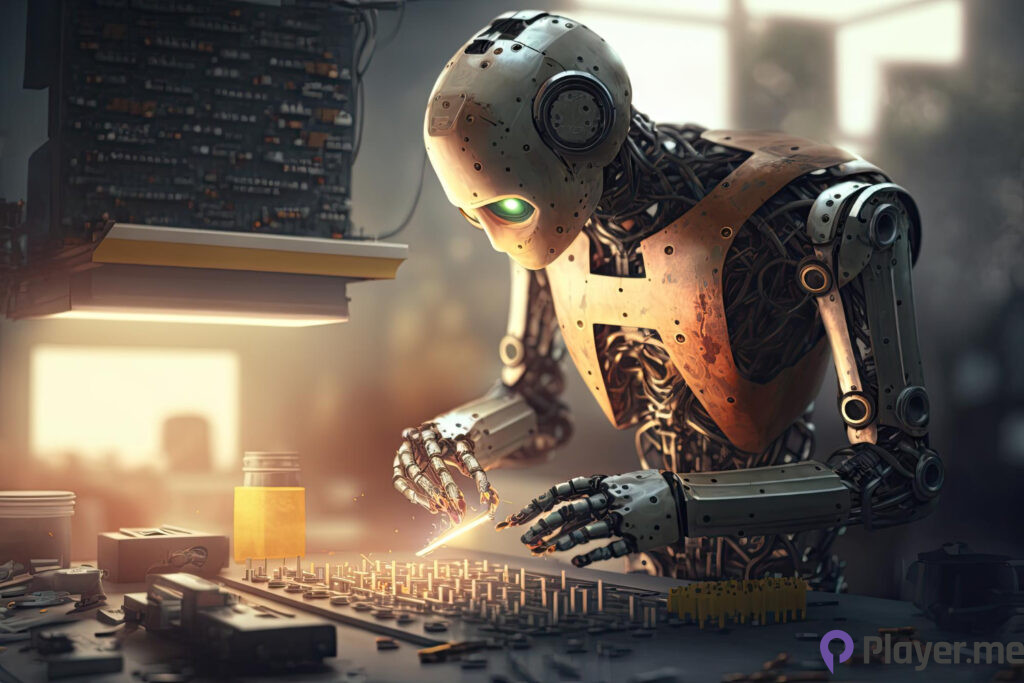
Creativity is a fundamental human trait that differentiates us from machines. While AI has shown remarkable progress in various domains, it still falls short when it comes to true creativity. AI models are primarily designed to analyse patterns and make predictions based on existing data. Generating unique and innovative ideas, thinking outside the box, and making connections between seemingly unrelated ideas are tasks where AI struggles to match human ingenuity. Recognising the limits of artificial intelligence in terms of creativity is crucial to understanding its applications and potential.
5. Lack of Emotional Intelligence
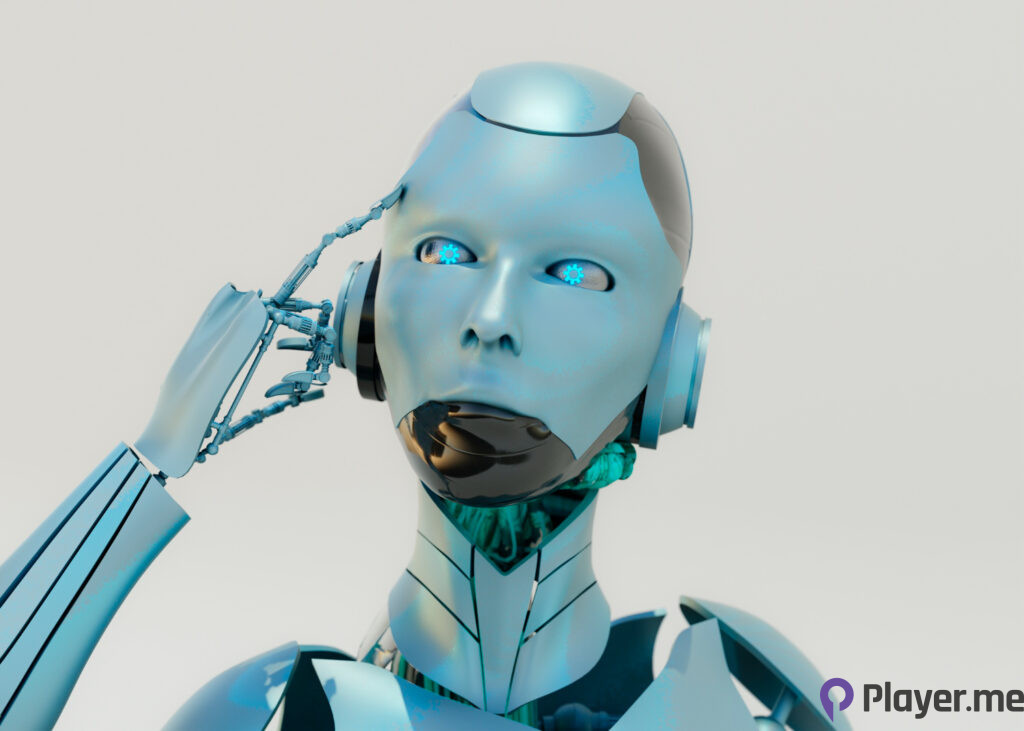
Emotional intelligence is another realm where the limits of artificial intelligence become evident. While AI-powered chatbots and virtual assistants can simulate empathy to some extent, they lack the emotional depth and true understanding of human emotions that humans possess. AI systems are unable to fully comprehend and respond appropriately to complex emotional states, hindering their ability to provide genuine emotional support. Developing AI systems with emotional intelligence is an ongoing challenge that researchers strive to overcome.
Conclusion

In conclusion, understanding the limits of artificial intelligence is essential for realising its full potential while addressing the challenges it faces. Common sense, ethical considerations, data dependency, limited creativity, and the lack of emotional intelligence are some of the key limitations that shape the current boundaries of AI technology. Recognising and addressing these limits will be instrumental in developing more capable, responsible, and ethical AI systems that can enhance our lives while minimising their negative impact. By acknowledging and working to overcome these limits of artificial intelligence, we can foster a future where artificial intelligence truly benefits humanity.
Frequently Asked Questions
Is AI Capable of Replacing Human Jobs Entirely?
AI has the potential to significantly impact various industries and job roles, but it is unlikely to replace all human jobs entirely. While AI can automate repetitive and mundane tasks, it often struggles with tasks that require creativity, empathy, and complex decision-making. Additionally, new jobs will likely emerge that we cannot yet anticipate, just as the rise of the internet created new career paths that did not exist before.
How Does AI Impact Privacy, and What Measures Exist to Safeguard Personal Information?
AI can potentially threaten individual privacy due to its ability to collect and process large amounts of data. This includes personal information, browsing history, and location data. To mitigate these risks, governments, and organisations have implemented measures such as data protection laws, encryption, and user consent policies. Additionally, researchers are exploring techniques like differential privacy and federated learning to enhance data privacy in AI systems.
Can AI Truly Think and Make Choices Autonomously, or Are Its Actions Predetermined?
Currently, most AI systems are not truly autonomous and rely on predefined rules and algorithms to make decisions. While some AI models can adapt to new situations, their actions are still determined by the data they are trained on and the objectives they are designed to optimise. True autonomy in AI would require breakthroughs in areas like natural language understanding, common sense reasoning, and self-awareness. Researchers are actively exploring these areas, but fully autonomous AI remains a topic of debate and speculation.

